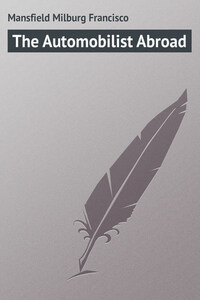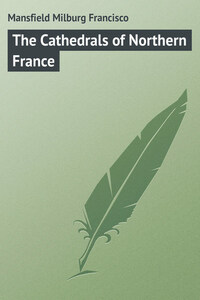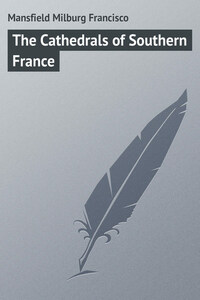Chapter I
An Appreciation of the Automobile
We have progressed appreciably beyond the days of the old horseless carriage, which, it will be remembered, retained even the dashboard.
To-day the modern automobile somewhat resembles, in its outlines, across between a decapod locomotive and a steam fire-engine, or at least something concerning the artistic appearance of which the layman has very grave doubts.
The control of a restive horse, a cranky boat, or even a trolley-car on rails is difficult enough for the inexperienced, and there are many who would quail before making the attempt; but to the novice in charge of an automobile, some serious damage is likely enough to occur within an incredibly short space of time, particularly if he does not take into account the tremendous force and power which he controls merely by the moving of a tiny lever, or by the depressing of a pedal.
Any one interested in automobiles should know something of the literature of the subject, which, during the last decade, has already become formidable.
In English the literature of the automobile begins with Mr. Worby Beaumont's Cantor Lectures (1895), and the pamphlet by Mr. R. Jenkins on "Power Locomotion on the Highways," published in 1896.
In the library of the Patent Office in London the literature of motor road vehicles already fills many shelves. The catalogue is interesting as showing the early hopes that inventors had in connection with steam as a motive power for light road vehicles, and will be of value to all who are interested in the history of the movement or the progress made in motor-car design.
In France the Bibliothèque of the Touring Club de France contains a hundred entries under the caption "Automobiles," besides complete files of eleven leading journals devoted to that industry. With these two sources of information at hand, and aided by the records of the Automobile Club de France and the Automobile Club of Great Britain and Ireland, the present-day historian of the automobile will find the subject well within his grasp.
There are those who doubt the utility of the automobile, as there have been scoffers at most new things under the sun; and there have been critics who have derided it for its "seven deadly sins," as there have been others who have praised its "Christian graces." The parodist who wrote the following newspaper quatrain was no enemy of the automobile in spite of his cynicism.
"A look of anguish underneath the car,
Another start; a squeak, a grunt, a jar!
The Aspiration pipe is working loose!
The vapour can't get out! And there you are!"
"Strange is it not, that of the myriads who
Have Empty Tanks and know not what to do,
Not one will tell of it when he Returns.
As for Ourselves, why, we deny it, too."
The one perfectly happy man in an automobile is he who drives, steers, or "runs the thing," even though he be merely the hired chauffeur. For proof of this one has only to note how readily others volunteer to "spell him a bit," as the saying goes. Change of scene and the exhilaration of a swift rush through space are all very well for friends in the tonneau, but for real "pleasure" one must be the driver. Not even the manifold responsibilities of the post will mar one's enjoyment, and there is always a supreme satisfaction in keeping one's engine running smoothly.
"Nothing to watch but the road," is the general motto for the automobile manufacturer, but the enthusiastic automobilist goes farther, and, for his motto, takes "stick to your post," and, in case of danger, as one has put it, "pull everything you see, and put your foot on everything else."
The vocabulary of the automobile has produced an entirely new "jargon," which is Greek to the multitude, but, oh, so expressive and full of meaning to the initiated.
An automobile is masculine, or feminine, as one likes to think of it, for it has many of the vagaries of both sexes. The French Academy has finally come to the fore and declared the word to be masculine, and so, taking our clue once more from the French (as we have in most things in the automobile world), we must call it him, and speak of it as he, instead of her, or she.
That other much overworked word in automobilism, chauffeur, should be placed once for all. The driver of an automobile is not really a chauffeur, neither is he who minds and cares for the engine; he is a mécanicien and nothing else – in France and elsewhere. We needed a word for the individual who busies himself with, or drives an automobile, and so we have adapted the word chauffeur. Purists may cavil, but nevertheless the word is better than driver, or motor-man (which is the quintessence of snobbery), or conductor.
The word, chauffeur, the Paris Figaro tells us, was known long before the advent of automobiles or locomotives. History tells that about the year 1795, men strangely accoutred, their faces covered with soot and their eyes carefully disguised, entered, by night, farms and lonely habitations and committed all sorts of depredations. They garroted their victims, or dragged them before a great fire where they burned the soles of their feet, and demanded information as to the whereabouts of their money and jewels. Hence they were called











